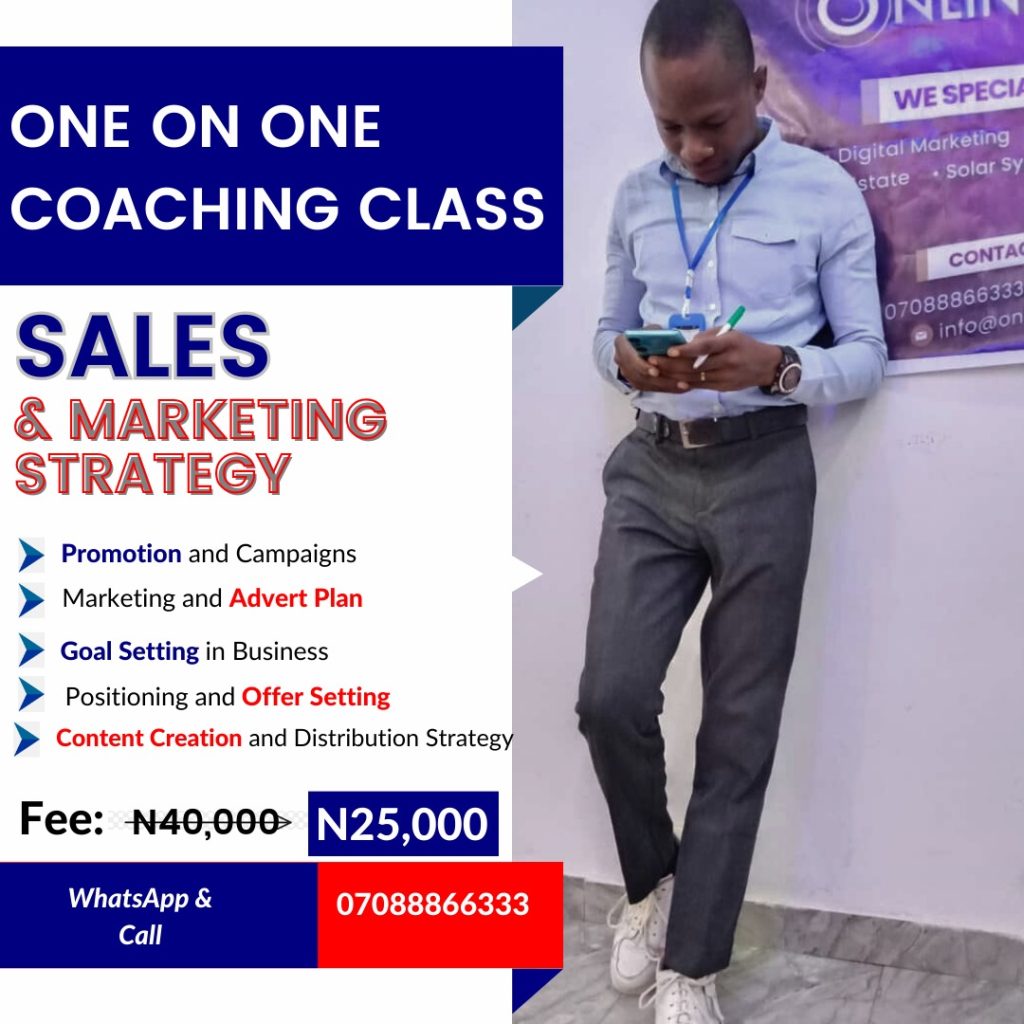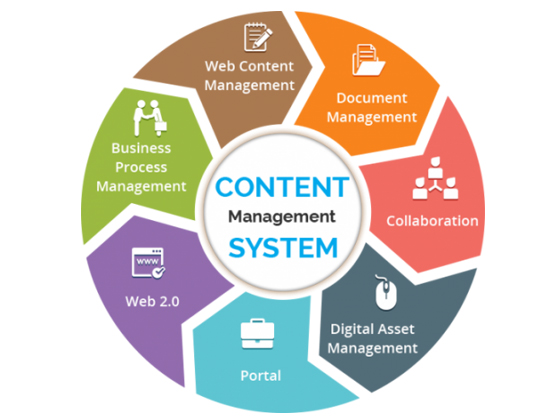One of the most powerful tools for driving business transformation is content marketing.
Content marketing involves creating and distributing valuable, relevant, and consistent content to attract and engage a clearly defined target audience.
It is a strategic approach that focuses on delivering value to customers, rather than simply promoting products or services.
Business transformation is a concept that has gained significant traction in recent years.
It refers to the process of making fundamental changes to the way a business operates to achieve better results and adapt to evolving market conditions.
This can involve a wide range of changes, including restructuring, adopting new technologies, and redefining business strategies.
63% of businesses don’t have a documented strategy. Shocking, right? That’s like building a house without a blueprint.
Content should be a crucial part of your digital marketing strategies. Implementing the right content marketing strategy improves brand awareness, secures sales, and increases revenue long-term.
What is Content Marketing
In today’s hyperconnected world, traditional marketing tactics are becoming less effective.
Consumers are bombarded with advertisements and promotional messages daily, making it increasingly difficult for businesses to cut through the noise and capture their attention. This is where content marketing comes in.
Content marketing is a smart way to talk to your customers without directly selling to them. Instead of saying “Buy this now,” you offer useful information or tips that help people.
Content marketing has emerged as a key driver of business success in the digital age.
By providing valuable information, insights, and solutions to their target audience, businesses can build trust, establish thought leadership, and drive customer loyalty.
It allows businesses to connect with their customers on a deeper level and position themselves as trusted advisors and industry experts.
Over time, they come to trust your brand and are more likely to become customers.

The Fundamentals of Content Marketing
To successfully leverage the power of content marketing, businesses need to understand and implement the fundamentals of this strategy. These fundamentals include:
1. Define Your Objective
By setting clear objectives, you can choose the right kind of content to create and the best ways to measure your success, like tracking the number of online orders you receive.
This way, you’re not just throwing content into the wind and hoping for the best; you’re creating a focused strategy that’s more likely to get you the results you want.
So, setting clear, measurable objectives is the first crucial step in mastering content marketing fundamentals.
How To Measure?
To measure your content marketing objectives, focus on three main Key Performance Indicators (KPIs): Traffic, Engagement Rate, and Conversion Rate.
1. Traffic:
Check how many people are visiting your website. More visitors usually mean your content is attracting attention.
2. Engagement Rate:
Look at how people interact with your content. Are they liking, sharing, or commenting? High engagement often indicates your content is resonating with your audience.
3. Conversion Rate:
This is the percentage of visitors who take a specific action, like making a purchase. If this number goes up, it’s a good sign you’re meeting your objectives.
2. Identify Your Target Audience
Understanding your target audience is a cornerstone in the foundation of content marketing fundamentals.
High-quality content should always provide value to your audience. Research your personas and understand their pain points, this allows you to produce content that both sympathizes with and solves their problems.
This is how you engage your audience, attract people to your content, and help transition them through to making a purchase.
By having a deep understanding of your audience, you can tailor your content to meet their specific needs and preferences, increasing the chances of engagement and conversion.

How To Measure?
1. Finding User Demographics
Google Analytics: Check the “Audience” section for age, gender, and location.
Social Media Insights: Use platform analytics to see who’s engaging with your content.
2. Tracking User Behavior
Behavior Flow in Google Analytics: Observe user paths to understand engagement.
Heatmaps: Use tools like Hotjar to see where users click and scroll.
3. Measuring Conversion Rates
Google Analytics Goals: Set goals to track specific user actions like purchases.
A/B Testing: Run tests to identify changes that can improve conversions.
3. Developing Compelling Content
The heart of any successful content marketing campaign is high-quality, engaging content. This can take various forms, including blog posts, articles, videos, infographics, podcasts, and social media posts.
The key is to provide valuable and relevant information that resonates with your target audience. Your content should be well-researched, well-written, and visually appealing to capture and hold the attention of your audience.
Conduct competitor analysis to understand the content being produced in your industry. Doing this after learning about your target personas allows you to see if there are any content gaps.
If there are, create original, valuable content that fills a gap in the market.
This original and valuable content will help promote your business as a thought leader within your industry or sector, attracting more site visitors and improving conversion rates.
4. Choose the Right Content Management System (CMS)

Selecting the right Content Management System (CMS) is a pivotal step in laying down your content marketing fundamentals.
Think of it as the backbone of your content marketing program. Whether you’re a newbie or a pro, your CMS should be user-friendly and scalable, aligning with both your immediate needs and long-term goals.
A top-notch CMS should provide robust analytics features, seamlessly integrating with your content marketing and SEO fundamentals.
Why? Tracking metrics like user engagement is not just a ‘nice-to-have’; it’s a ‘must-have’ in the fundamentals of marketing.
So, don’t rush the decision. Evaluate your options carefully and choose a CMS that fortifies your content marketing basics, because the right choice can be the catalyst that elevates your entire strategy.
To accurately assess the effectiveness of your chosen CMS, focus on three key areas: ease of use, speed of content publication, and the quality of analytics tools.
A user-friendly interface is essential for streamlining your content marketing program, while quick content publication ensures you stay ahead in the fast-paced digital landscape.
Most importantly, robust analytics tools are crucial for honing your content marketing and SEO fundamentals.
5. Monitor, Analyze, and Optimize
In the ever-changing landscape of content marketing, it’s not enough to set and forget your strategies; continuous improvement is the name of the game.
Start by setting up key performance indicators (KPIs) that align with your business goals. Use tools like Google Analytics to track metrics such as website traffic, bounce rate, and conversion rates.
But don’t stop there—dig deeper. For instance, if you notice a surge in organic traffic, find out which keywords are driving this growth. Similarly, if a particular blog post is garnering attention, analyze its structure, tone, and content to replicate its success in future pieces.
Moreover, customer feedback can offer invaluable insights; so, don’t hesitate to conduct surveys or monitor social media mentions. By doing so, you’re not just collecting data; you’re gathering actionable insights to refine your content marketing strategies.
And remember, optimization is an ongoing process, not a one-time task. So, keep your finger on the pulse of performance metrics, and be ready to pivot your strategies based on real-world results.
Conclusion
Understanding and implementing content marketing fundamentals is crucial for business growth in today’s digital landscape.
Onlinko can be your guiding partner in this journey. With our expertise in SEO and digital marketing, we offer tailored strategies that align with your business goals.
We don’t just create content; we create value that drives real results. Interested in taking your content marketing to the next level?
Schedule a 1hour one – one coaching session with us. Let’s discuss how we can help you transform your business through effective content marketing.
